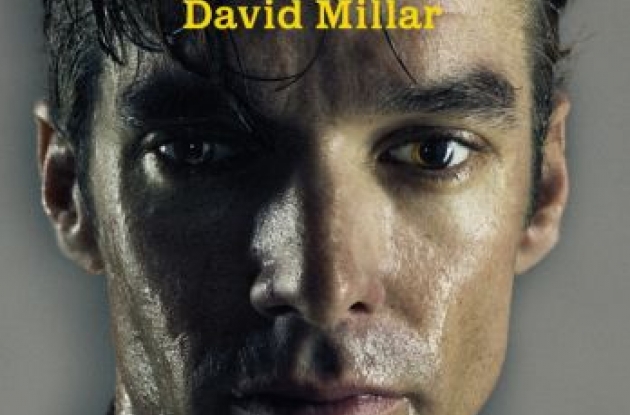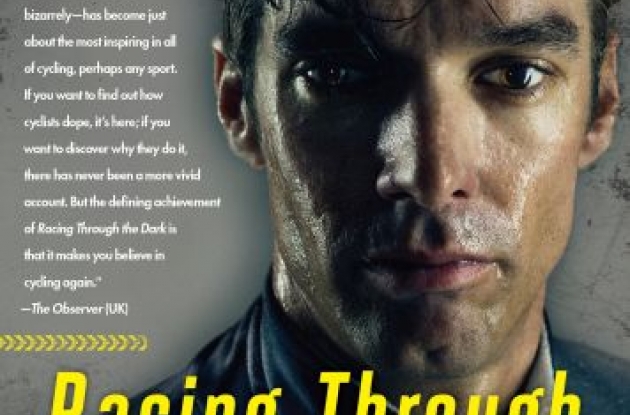Racing Through the Dark: A Review
Racing Through the Dark is David Millar's memoir.
Racing Through the Dark is David Millar's memoir. Millar, as contemporary cycling fans know, became a household name-at least among cyclists and cycling fans-when he beat Lance Armstrong in Stage 1 of the 2000 Tour de France. The Scot's profile rose with stage wins in the Vuelta a Espana and the Tour de France as well as lesser races. In 2001, the Cofidis man bagged a silver medal in the World Championship time trial, and two years later, he snared a gold medal in the same discipline. The world seemed to be his.
Millar's world, however, crashed down in the spring of 2004. Millar was among several Cofidis riders and assistants who were fired for doping or facilitating it, and Millar was suspended for two years. When the Scot returned in 2006, he returned as a man who was determined not to dope and to work at changing the culture of cycling to a nondoping one. He signed with the Spanish squad Saunier Duval. His resolve to turn a new leaf alienated his teammates, and in 2008, the Scot joined Slipstream-Chipotle. (The team has since had several name changes but is now Garmin-Sharp.) Since the Garmin man's suspension ended, he has won stages of the Criterium International, the Vuelta a Espana, and the Giro d'Italia, along with the World Championship time trial silver medal, and the Commonwealth Games time trial gold medal and road race bronze medal.
Millar does a good job of putting his doping and his cycling into the perspective of his entire life. He notes that he was shielded from doping as an amateur and that he had resolved not to dope. The Scot points out that loneliness was a problem for him, one that continued into his professional career.
Millar adds that he fell into the abyss of doping in increments. He began by using syringes for recovery after races, and eventually he began using sleeping pills. He gave in completely after 2001 Tour de France, which he abandoned after crashing. A team manager and a teammate approached him and told him that they would help him start on EPO, which Millar began using to prepare for the Vuelta a Espana that year. He used the drug when he won the World Championship time trial two years later. (After his confession, Millar was stripped of his championship.)
Millar accepts responsibility for his drug use, but he points out that there was no one on the team who would support him. On Cofidis, management turned a blind eye to drug use, and riders on that team and others regarded him as strange. At one time, Millar says, a rider on the team approached him and teammate David Moncoutie and asked the pair if they would ever dope. "No," they replied.
The Scot feels that pressure to perform was a factor in his doping. He had to ride in one race after another, and he was seen as a Grand Tour performer. His salary was geared to his performance, and Millar had become accustomed to living well.
Millar has a good writing style, and he makes his points about doping, his culpability, and omerta in the peloton convincingly. His love for cycling shines through, even though he lost that love during the early years of his career. Millar's vulnerability, which David Brailsford points out in the book's foreword, is clear throughout the book. Racing Through the Dark is recommendable as an example of one athlete's fall into the abyss of doping and his rise from it.
Follow Roadcycling.com on Twitter and Facebook to receive daily road cycling news updates automatically.









